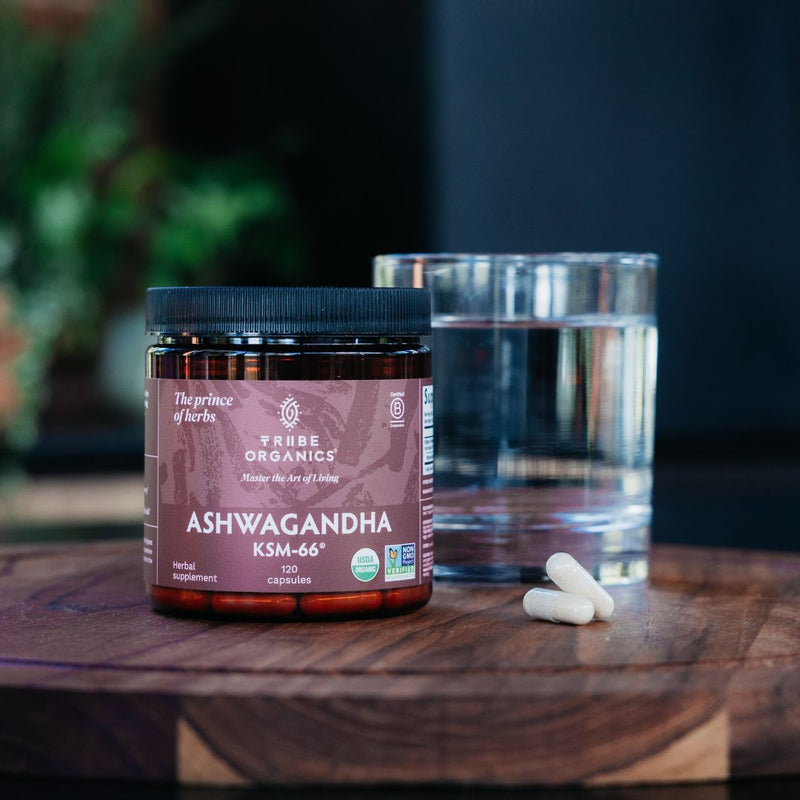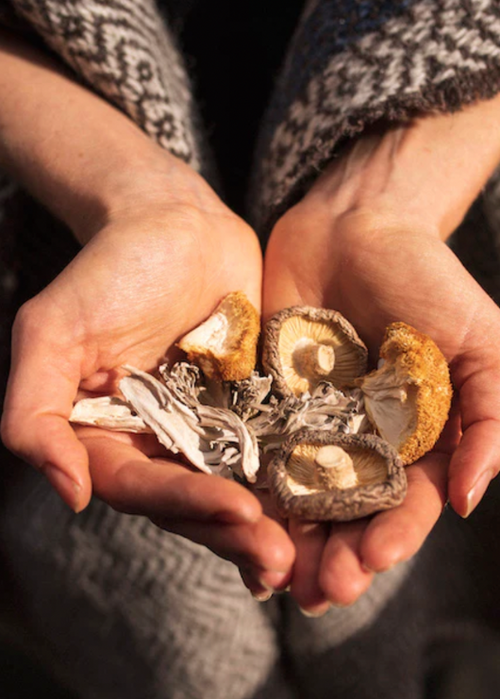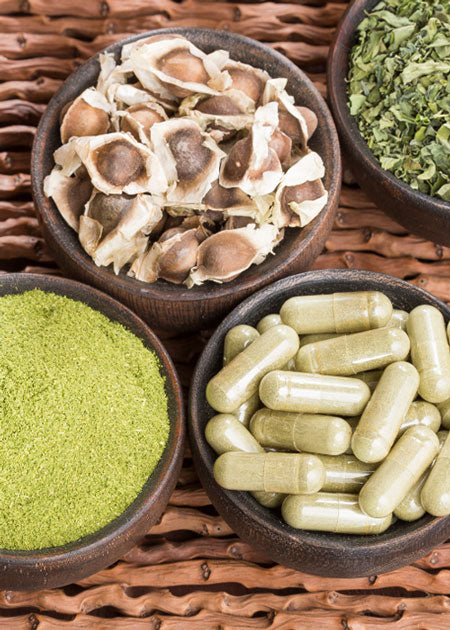Anyone who is familiar with South Asian cuisine has likely tasted and enjoyed the delightfully colorful ‘spice’ of turmeric. In its dried form, it is often used to flavor foods from all over the world, and gives many iconic dishes from India their signature golden orange color. But that isn’t all that turmeric is used for.
Turmeric curcumin has been used for thousands of years as a medical supplement. I can help with inflammation, reduce risk of heart disease, and acts as a powerful antioxidant. But as with all things, turmeric can come with some unpleasant side effects. Let’s talk about those, and what you can do to help treat them.

The Side Effects of Turmeric
Turmeric comes from the curcumin family of plants, and as such is very closely related to ginger. It is a root that is often dried and consumed in capsule form for health supplement benefits. These supplements are often fine for most individuals to take, however, those with preexisting conditions may encounter some issues.
Stomach Pain
Too much of a good thing can often lead to a bad thing. Turmeric has been known to cause nausea and stomach cramping for those who ingest too much of it. Now, we aren’t talking about a tiny amount added to your curry. This generally only occurs in those who eat more than the recommended daily dose of their supplements.
The average dose of turmeric curcumin as a supplement can range from 500mg - 2g per day. This will of course depend on your tolerance to it and how long you have been taking it. Those who are consuming more than 3g per day can often suffer from gastrointestinal problems.
Solution: If you are suffering from stomach pain after ingesting turmeric supplements, simply cut down on your dosage. It might be best to stop taking it altogether for several days to flush your system, and re-start with a much smaller dose until you find your comfort level.
Excessive Bleeding
This side effect is a pretty shocking one, and one that every user of turmeric should be aware of. Turmeric is often used to reduce blood clotting and help with blood pressure. This of course thins the blood a bit, and is very beneficial to those who need help in this area. However, for those with certain conditions, this can be dangerous.
Individuals with conditions such as hemophilia or von Willebrand's disease may find that turmeric use makes their bleeding much, much worse. This can pose a threat to your health, and should be dealt with accordingly.
Solution: If you are suffering from a bleeding related illness, always consult your doctor before adding turmeric into your diet. In general, if you are on any medications that are designed to treat bleeding, you should stop taking turmeric immediately.
Gallbladder and Gallstone Issues
Turmeric is very high in oxalate. This is a compound that is very natural, and often doesn’t cause any issues in health on a daily basis. However, oxalate is known to be directly tied to an increased risk of gallstones developing and gallbladder issues altogether. This of course is not ideal for anyone.
The general risk of developing gallstones or gallbladder issues as a result of turmeric is very low. However, for those who have a history of developing gallstones or already have gallbladder issues, turmeric can be a bad mix. This means that you should take extra care when dosing your turmeric supplements.
Solution: If you have a history of gallstones or gallbladder issues, consult your doctor before using turmeric supplements. If you do not have a history of this, but begin to develop these issues from turmeric, immediately stop using turmeric until you can consult a physician.
Developing Kidney Stones
Much like the issue with developing gallstones, kidney stones are also an issue that many turmeric users should be aware of. Oxalate can combine with calcium to form what is known as calcium oxalate. This can form kidney stones that are incredibly painful to deal with and pass through the urinary tract.
Generally, the issue with kidney stones only manifests with those who have a history of kidney issues or developing kidney stones. If you have no history in this area, a normal dose of turmeric shouldn’t pose an issue at all.

Solution: Just like with gallstones above, always consult your doctor before taking turmeric supplements if you have a history of kidney stones. If you notice you are developing them after taking turmeric, stop taking turmeric immediately and consult your physician. It is possible that you are taking too much, and need a reduced dose.
Lesser Known Risks
Much of the risk with taking turmeric supplements stems from preexisting conditions. This can be due to how turmeric interacts with other medications, or simply conditions that you have that react negatively with the turmeric. Turmeric can increase oxalate in the body, and reduce blood pressure. If these are issues that will cause problems with your existing conditions, it’s best to avoid turmeric altogether.
Other risks to consider when using turmeric include:
- Reduced blood pressure, which can be dangerous when it gets too low
- Issues during surgery procedures as turmeric reduces blood clotting and can complicate the surgery process
- Complications with breastfeeding
- Allergic reactions
As with any supplement, it is always best to consult with a medical professional before adding it into your everyday diet and routine.
Final Thoughts
Turmeric is an amazing and all natural compound that helps with many ailments that some of us face daily. However, it is not a cure-all that can be used without caution. Always make sure that the benefits of turmeric are right for you before adding it into your diet. In the end, the goal is to live a happier and healthier life as always.
Shop best sellers
Explore our collection of favorite items that have gained popularity for their quality and satisfaction.























